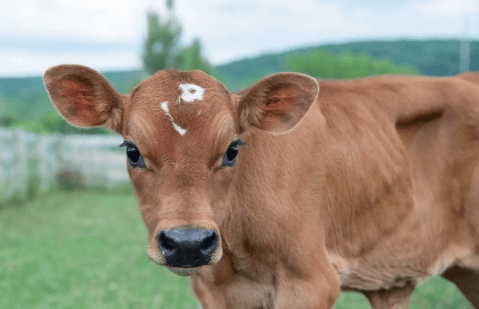Baby:Tug3anmwsk0= Cows

Welcome to ‘Baby:Tug3anmwsk0= Cows’, a comprehensive guide to the care and nurturing of calves.
In this resource, we explore the life cycle of these gentle creatures, their nutrition and feeding requirements, as well as health and wellness tips to ensure their well-being.
Understanding the bonding and socialization behaviors of baby cows is essential for fostering a harmonious relationship between humans and animals.
Whether you are a seasoned farmer or an animal enthusiast seeking knowledge, this guide provides valuable insights into the world of raising and caring for baby cows.
Join us on this journey of discovery and empowerment, where freedom and responsibility intersect in the care of these adorable creatures.
The Life Cycle of Calves
The life cycle of calves involves distinct stages, each crucial for their growth and development. From birth to weaning, calves progress through growth stages that require proper nutrition and maternal care.
During the early stages, maternal care is vital for the calf’s survival and well-being. Ensuring a nurturing environment and sufficient milk intake from the mother cow are essential for healthy growth and development.
See also: Wallpaper:4bmyhq-Yt0s= Godzilla
Nutrition and Feeding Requirements
Calves require a well-balanced diet to thrive and grow efficiently during their early stages of development. Their grazing habits play a critical role in rumen development, a key aspect of their digestive system maturation.
While growth hormones can enhance weight gain, dietary supplements may be necessary to ensure optimal nutrition. Understanding the interplay between these factors is essential for maintaining the health and well-being of young calves.
Health and Wellness Tips
How can proper nutrition and feeding practices contribute to the overall health and wellness of young calves?
Ensuring young calves receive a balanced diet rich in essential nutrients is crucial for their growth and development.
Additionally, incorporating exercise routines into their daily routine can help promote physical fitness.
Stress relief techniques such as providing a comfortable environment and minimizing sources of anxiety can also contribute to their overall well-being.
Bonding and Socialization Behaviors
Implementing structured social interactions among young calves helps foster healthy bonding and socialization behaviors.
Play behavior is essential for calves to learn social skills and develop bonds within their group dynamics.
Encouraging positive interactions through supervised play sessions can enhance communication and cooperation among the calves.
Understanding and promoting these natural behaviors can contribute to the overall well-being and social development of the young cows.
Conclusion
In conclusion, it is important to understand the life cycle and nutritional needs of calves to ensure their health and well-being.
By providing proper care, bonding, and socialization, farmers can help calves thrive and grow into strong, productive cows.
Remember, ‘you can’t make an omelette without breaking a few eggs,’ meaning that challenges and hard work are necessary for success in raising healthy calves.




